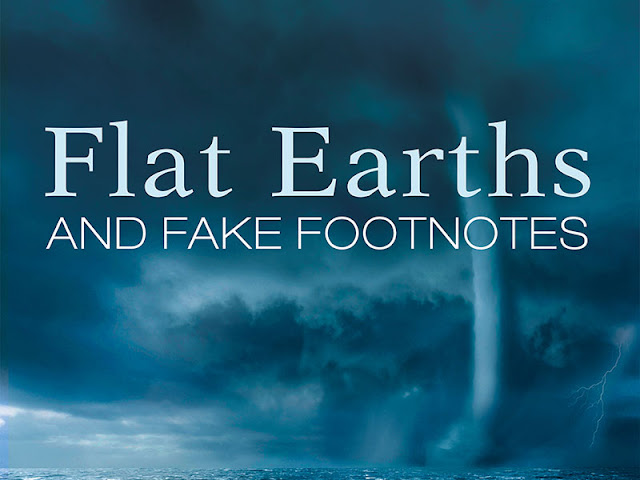Are science and theology hopelessly at odds?

This post takes a brief look at Flat Earths and Fake Footnotes, the Strange Tale of How the Conflict of Science and Christianity Was Written Into History by Derrick Peterson, adjunct professor at Multnomah University and Seminary. As Peterson demonstrates, there remains within modern culture (both secular and religious circles) the false narrative that science and theology are hopelessly at odds. Calling this narrative the warfare thesis , Peterson asks, "Where did it come from? How did it take hold? What myths were used, and why? How was it uncovered and eventually overturned in academia? (p. ix). Peterson answers these and related questions in this eye-opening book. In doing so, he refutes the secularized, sanitized, theology-deleting accountings of the scientific revolution, arguing that Christianity made significant contributions to that revolution, which in turn contributed to the development of Western civilization. He notes that at the time of the scientific revolutio...

